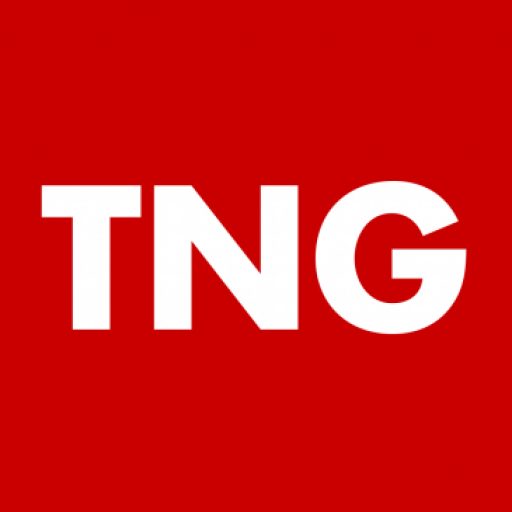The Nigerian government has called on the International Monetary Fund (IMF) and the World Bank to provide stronger financial support for economies undertaking bold reforms, especially in Sub-Saharan Africa.
The appeal was made by Nigeria’s Minister of Finance and Coordinating Minister of the Economy, Wale Edun, during the G-24 Ministerial Meeting held alongside the 2025 IMF/World Bank Spring Meetings in Washington, D.C.
Edun emphasized the need for innovative financial instruments tailored to support reform-driven countries in their pursuit of economic transformation. Addressing global financial leaders and policy influencers, he urged the international community to go beyond simply recognizing reform efforts and instead offer affordable, sustainable financing to assist in long-term economic transitions.
Speaking in his dual role as Nigeria’s representative and First Vice-Chair of the G-24—a coalition of developing nations coordinating policy positions on development and monetary issues—Edun highlighted the ambitious reforms being pursued under President Bola Ahmed Tinubu’s administration. These include the elimination of fuel subsidies, the unification of foreign exchange rates, and an ongoing tax system overhaul aimed at expanding the revenue base and boosting fiscal efficiency.
“These are tough choices,” Edun admitted, “but they are essential for building a stronger, more inclusive economy that benefits all Nigerians.”
He welcomed the IMF’s recent decision to create a third Sub-Saharan Africa Chair, recognizing it as a step toward amplifying the region’s voice within the institution. Edun encouraged continued progress through increased African representation in leadership and decision-making roles at the IMF and World Bank.
“Nigeria is open for business,” he declared, reaffirming the country’s commitment to engaging with international development partners, investors, and multilateral institutions to advance its economic reform agenda.
The G-24 Meeting serves as a crucial forum for finance ministers and central bank governors from developing nations to address shared challenges and craft policy solutions amid a global landscape marked by tight financial conditions, climate risks, and geopolitical tensions.
Edun’s remarks reflect Nigeria’s ongoing commitment to leading multilateral development dialogue and aligning its domestic reforms with global best practices for economic stability, inclusive growth, and sustainable development.

